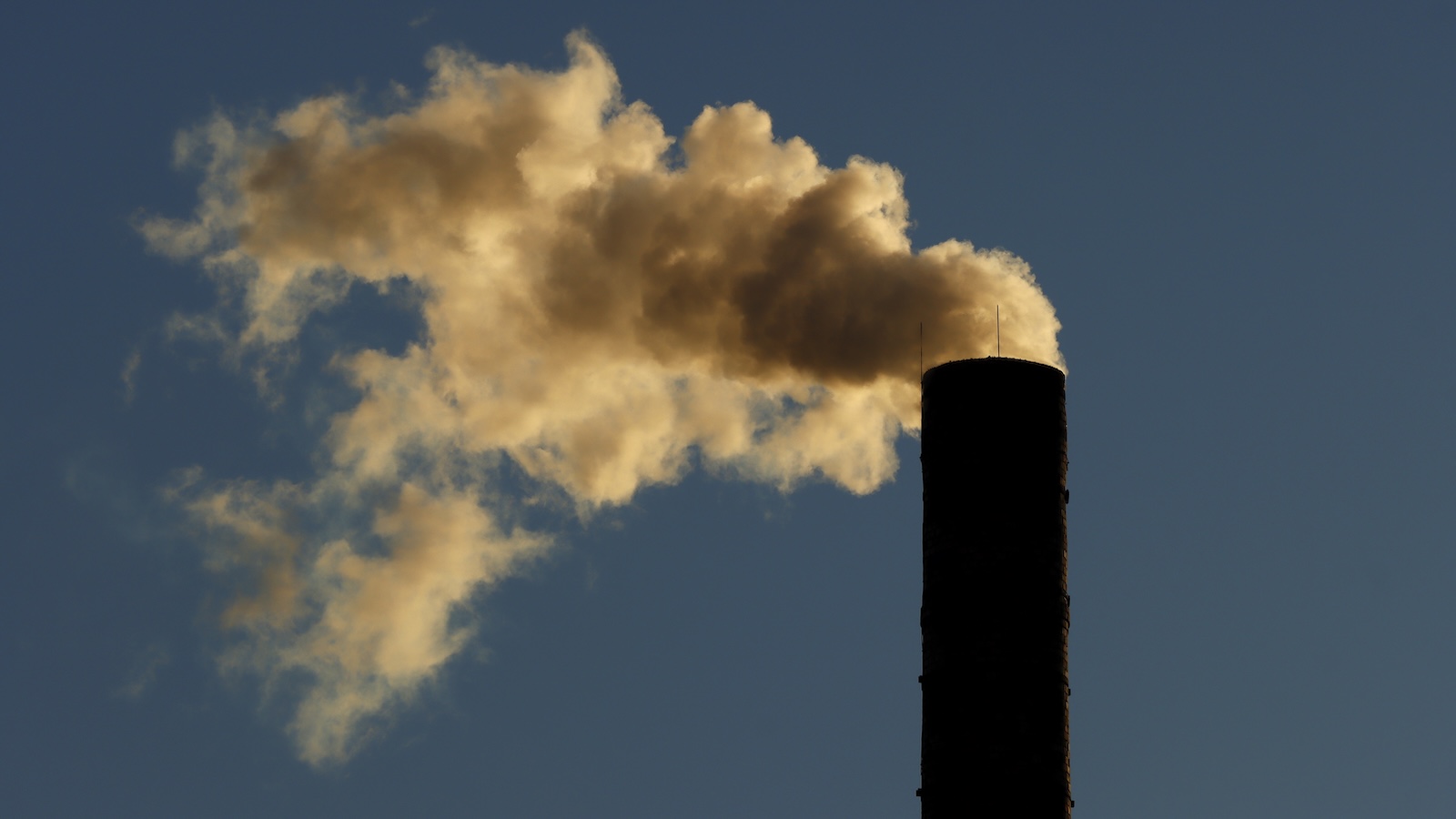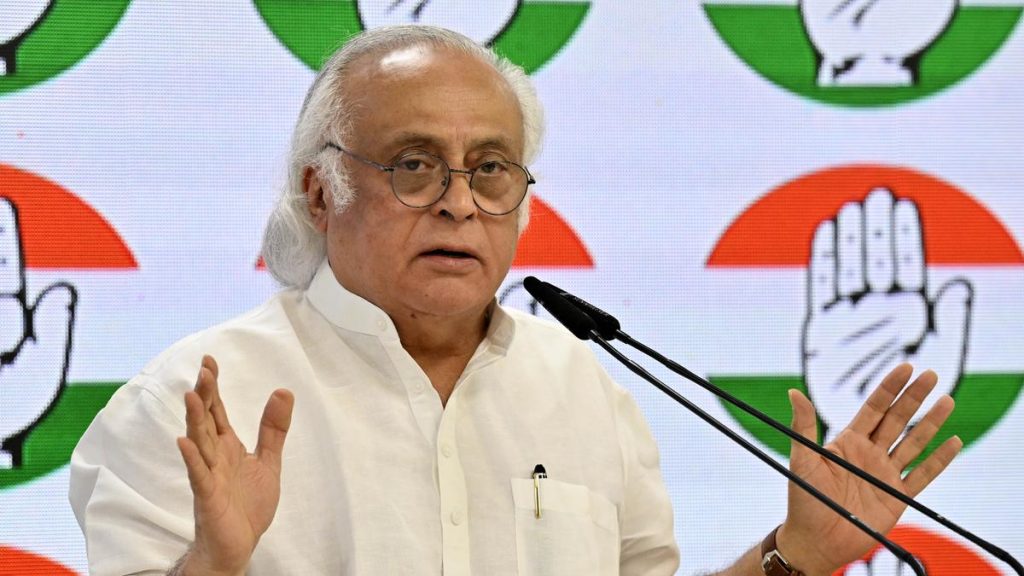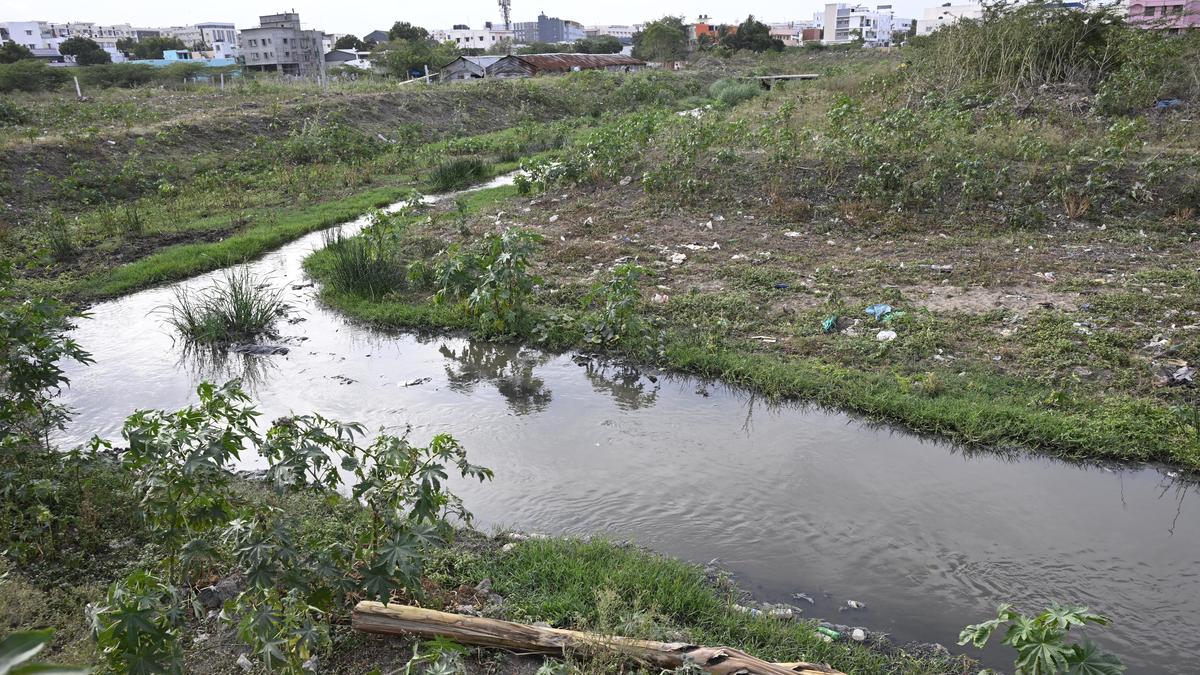Now Reading: Reassessing Carbon Storage: New Limits Challenge Previous Estimates
-
01
Reassessing Carbon Storage: New Limits Challenge Previous Estimates
Reassessing Carbon Storage: New Limits Challenge Previous Estimates

Quick Summary
- A study published in nature highlights meaningful limitations to underground carbon storage, an approach considered crucial for combating climate change.
- Researchers identified that Earth’s sedimentary basins can safely store about 1,460 gigatons of carbon dioxide (CO2), down from previous estimates of 11,780 gigatons.
- This amount could reduce global warming by onyl 0.4-0.7°C (0.7-1.3°F),far below the potential reductions estimated in earlier research.
- Key risks excluded from prior analyses include earthquake-prone zones, shallow/deep reservoirs, environmentally protected zones, and areas near human settlements.
- While some countries like the U.S. and Canada have ample storage space, others – particularly in Europe – might need to explore options abroad in less-polluting nations like those in Africa.
- Experts debate the significance of this finding: some view it as a conservative but reassuring estimate; others believe obstacles to large-scale deployment make even lower targets achievable within the next decade.
- Carbon capture technologies are underutilized globally: only 0.05 gigatons of CO2 are stored at emission points annually; ambient air removal is even less effective at just 0.00001 gigatons per year.
Indian Opinion Analysis
The findings on limited carbon storage capacity underscore challenges for India as it navigates climate commitments aligned with global goals such as reaching net-zero emissions by 2070 and adhering to thresholds set by international agreements including COP26/27 outcomes. India heavily relies on technological solutions like carbon capture alongside renewable energy expansion but may encounter hurdles due to geography and infrastructure constraints highlighted in this study.
With agriculture and energy sectors contributing considerably to emissions domestically and hard-to-decarbonize industries posing offset challenges globally, India’s strategy must focus on multifaceted approaches rather than over-reliance on any one technology such as geological sequestration. The stark data presented further reinforces a shift toward systemic decarbonization-reducing fossil fuel dependence while considering equitable collaboration between countries possessing viable storage sites.
Moreover, investment priorities might lean towards sustainable solutions that minimize long-term liabilities presented by such “scarce resources.” As global frameworks evolve following studies like this one exposing optimistic assumptions around climate mitigation tools, nations including India stand poised for informed decision-making which balances ambition yet protects future contingencies pragmatically.






















